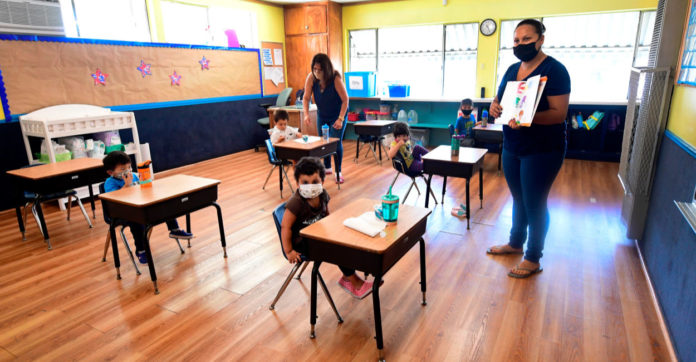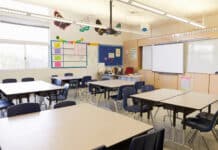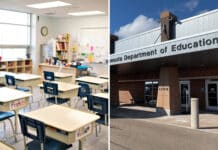
It is widely agreed that increasing educational attainment often increases a person’s earnings. Additional schooling increases human capital, thereby increasing the chance of a person being employed in a high paying job. The competition between employers when they seek high skilled employees also raises the earnings of highly educated people. The opposite can be inferred about people with low levels of education.
This is why it is crucial that decisions on school openings should take into consideration how school closings will affect future earnings of current students. Considering the fact that educational attainment has a positive effect on earnings, school closings are bound to have a significant negative impact on the future earnings of today’s students.
According to some research, using the consensus that 1-year education increases future earnings by 8-9%, extending school closing till through fall equates to an estimated $30,000 loss per decade in earnings for a typical worker who graduated high school but did not attend college. The longer schools close, the larger the loss will be. This loss in earnings also presents a huge loss of GDP to the economy.
LOW-INCOME STUDENTS WILL BE MOST HEAVILY AFFECTED
For most countries, including the United States, virtual learning has replaced physical schools. This means students will get some return on education. However, it is highly unlikely virtual learning makes up for 100% of in-class learning. Students will therefore incur some learning loss that they cannot make up for. There will certainly be differences in the levels to which each student will be affected.
And because virtual learning is closer to no learning for many lower-income households — due, for example, to less reliable internet access, home environments less conducive to studying, and parents whose jobs make it harder for them to stay at home and monitor schooling activity throughout the day — keeping schools closed this fall would likely reduce the future earnings of today’s poorer kids the most.
SCHOOL CLOSINGS WILL ALSO ECONOMICALLY AFFECT PARENTS
Much like lack of access to childcare, closing schools will also affect parents economically
Parents’ economic outcomes will suffer if schools are closed in the fall, as well. If schools don’t reopen, some parents, including many low-income parents, will have to decide between facilitating home learning for their kids and going to work at all. Parents who can continue to work remotely will effectively be on a part-time schedule. Many employers are going to be less and less forgiving of the need to juggle parenting and work.
To some degree, the negative effects of working from home while looking after kids are cumulative. This spring, many parents were in survival mode, doing what needed to be done — and only that — each day. But if four months of virtual working and virtual learning happening under the same roof turns into 10, a cohort of parents of young kids in their prime working years will increasingly miss out on the opportunity do longer-term, deeper, creative work. This will hurt their careers. It will hurt the overall economy, as well, since around one-quarter of workers have a child under the age of 13.


















